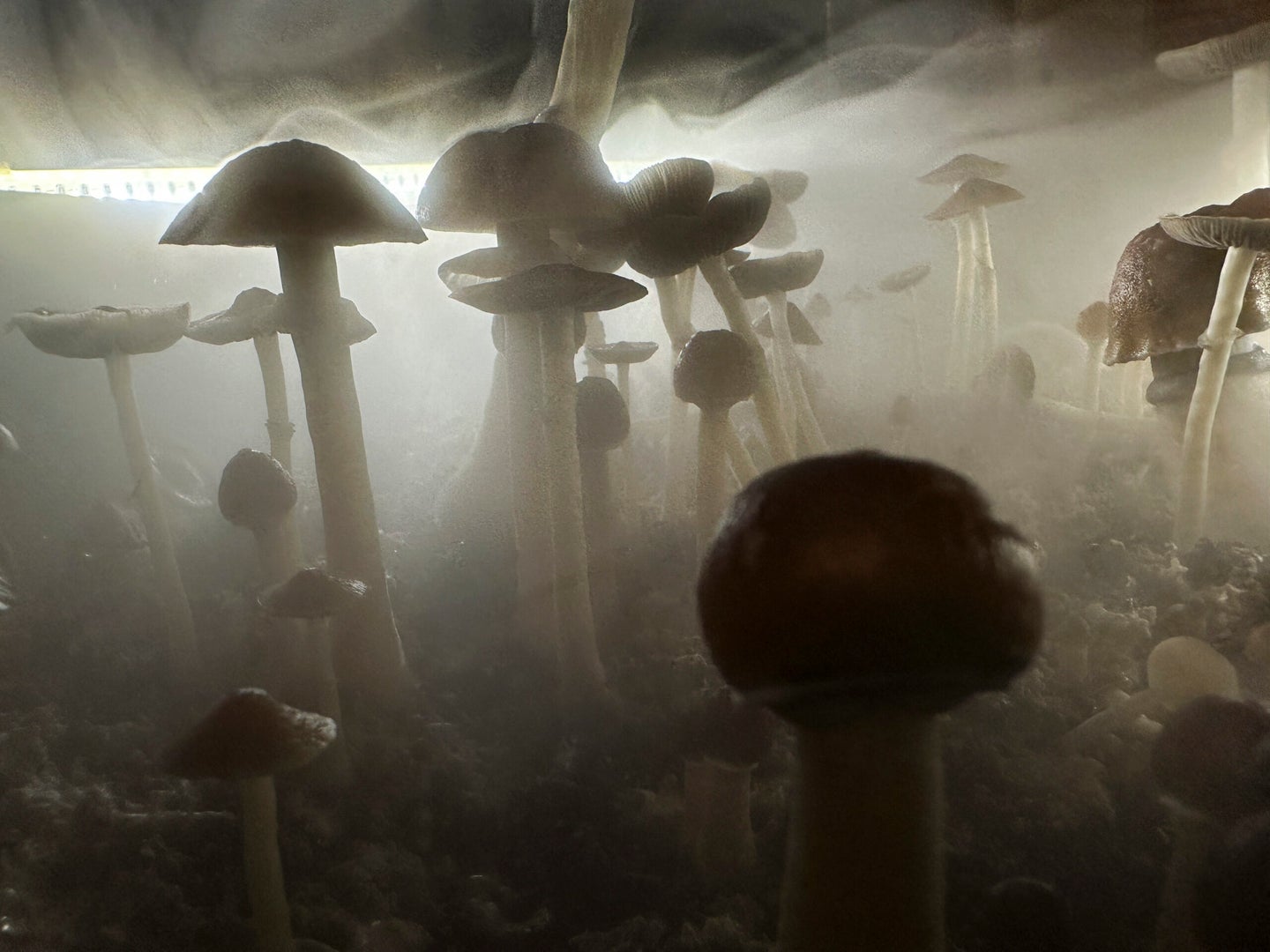New defense bill approves psychedelic trials for PTSD in active-duty troops
The military will now be giving service members MDMA, magic mushrooms and other drugs to test their therapeutic benefits.

For the first time, the Department of Defense is going to start giving active-duty troops psychedelic drugs. Not to have a long, strange trip but to see if the drugs can help treat PTSD and other issues.
After both chambers of Congress passed the 2024 National Defense Authorization Act, President Biden signed it on Friday, Dec. 22. Included in the sweeping, record-high $886 billion defense bill was a provision authorizing grants for studying if psychedelic therapy can help active-duty service members with post-traumatic stress disorder.
The provision, the Douglas Mike Day Psychedelic Therapy to Save Lives Act, directs the Defense Department to create grants for studying psychedelic treatments for active duty service members. These would be controlled studies, with participants able to use them only in a research facility with professional therapists to monitor their response. The bill also allows legal protection for study participants, as many of the substances are still banned under the Controlled Substances Act and the Uniformed Code of Military Justice.
The amendment outlines what psychoactive drugs are to be considered. Included are: psilocybin (also known as magic mushrooms, ibogaine, MDMA and other “plant-based alternative therapies.”
Texas Rep. Dan Crenshaw authored the bill, which was added to the NDAA as an amendment. Crenshaw, a former Navy SEAL, named it for Douglas “Mike” Day, a Navy SEAL who committed suicide. The bill was authored by Crenshaw but had bipartisan support, with Democrats Alexandria Ocasio-Cortez and Khanna co-sponsoring it.
Subscribe to Task & Purpose Today. Get the latest military news and culture in your inbox daily.
The new NDAA’s psychedelic provision specifically applies for active-duty troops. The Department of Veterans Affairs has been doing its own research on how these types of substances could help treat PTSD in veterans for some time. Last month, in a written testimony before Congress, VA Assistant Undersecretary for Health Carolyn Clancy wrote about the value of studying these substances as a way to help treat depression, trauma and the impacts of service on veterans.
“Based on our assessment of the literature to date, there is still much to learn, and much yet to be understood, about the potential benefits of psychedelic compounds,” Clancy wrote. “Our department is not only focused on finding the best innovative treatments and cures but doing so safely.”
Although the 2024 NDAA and the Douglas Mike Day Psychedelic Therapy to Save Lives Act are now going into law, the U.S. military has in recent years tried to crack down on psychedelic use throughout the ranks not being done in a controlled research environment. In the last several years there have been several instances of personnel, including Navy and Marine Corps members, getting busted for taking LSD. In 2020 Maj. Gen. Francis L. Donovan said that “We have a drug problem in the 2d Marine Division.”
It’s not clear when the first psychedelic trials with active-duty troops will begin.
The latest on Task & Purpose
- US Marine is top student at Royal Marine Commando course
- Legendary Combat Controller from Task Force Dagger dies at 51
- Army must “increase” fitness standards, but can use gender-specific scores
- The Navy’s newest ship is named for a Medal of Honor recipient
- A new Army supercomputer gets a Medal of Honor namesake
